Over the past couple of weeks, we’ve been making the rounds to deepen our connections with scientists and researchers working directly and indirectly on AGS. Our Rare Researcher Grant has provided us with a starting point for many of these conversations, and we’re grateful to the AGS community for demonstrating their grit to our new collaborators. Many would like to share some of their work with our community, and we’re discussing options like webinars and conferences.
Unsurprisingly, we’ve found that our community has some major opportunities and a big role to play in forging projects and framing context for scientists that don’t currently have a personal relationship with Aicardi-Goutieres Syndrome. Many would like to better understand the impact their work could have on real people, and we’ve even been asked to organize meet and greets for students. The work that these laboratories accomplish requires a deep focus on micro and macro biology that can be difficult to relate to stories and experience like we’ve been sharing on social media (@agsamericas). Furthermore, the narrow focus required by their work means that many labs would benefit from the AGSAA sharing broader and more up-to-date insights about our disorder and it’s human impact. Additionally, many would benefit from our guidance and support, opening the door to additional funding opportunities. As proof, the AGSAA will be partnering with Dr. Alysson Muotri to apply for a $2 million dollar “Patient Partnered Collaborations” grant offered by the Chan Zuckerberg Initiative and writing a letter of support to bolster a grant application by Dr. Miroslaw Janowski for his work to better deliver, measure, and characterize therapeutic agents delivered to the CNS.

